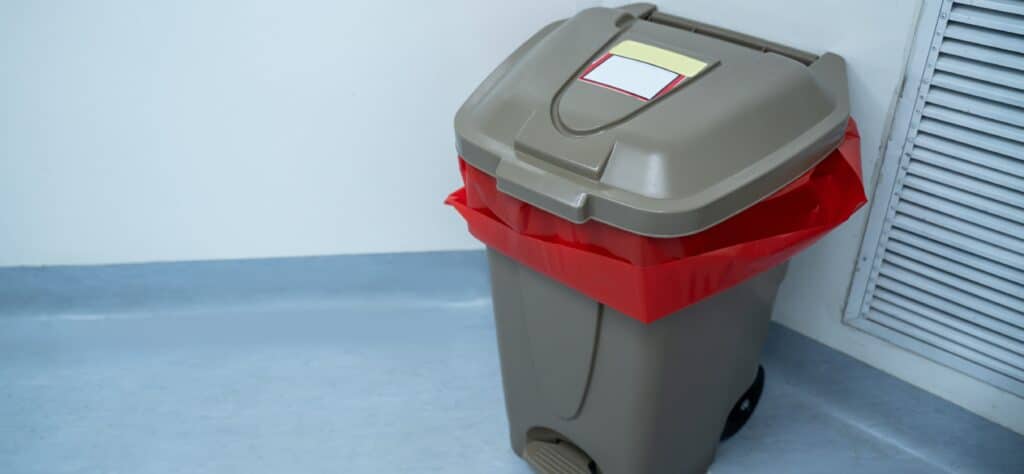Preventing Pharmaceutical Waste Contamination in Surgery Centers
Pharmaceutical wastes are consists of unused, expired, or discarded medications. It poses a significant risk of environmental contamination if not disposed of properly. Due to their nature of work, surgery centers generate a substantial amount of pharmaceutical waste that demands careful management. Moreover, this blog post will explore practical strategies for preventing pharmaceutical waste contamination in surgery centers. It will also emphasize the importance of responsible waste disposal practices.
Understanding Pharmaceutical Waste in Surgery Centers:
Surgery centers produce various types of pharmaceutical waste. It includes unused or expired medications, hazardous drugs like chemotherapy drugs, contaminated vials and syringes, and empty medication containers. Managing this waste entails a comprehensive plan to minimize environmental impact effectively.
Preventing Pharmaceutical Waste Contamination:
Segregate pharmaceutical waste: Ensure proper segregation of pharmaceutical waste from other types of waste to facilitate appropriate disposal.
Securely store pharmaceutical waste: prevent unauthorized access and potential misuse.
Dispose of pharmaceutical waste within 72 hours: minimize the risk of contamination.
Contract licensed medical waste companies for pharmaceutical waste disposal: adherence to regulatory standards.
Additional Steps for Prevention:
Responsible medication use:
Encourage the use of medications strictly as prescribed, significantly reducing the generation of unused or expired medications.
Return unused or expired medications to the pharmacy:
Promote the practice of returning them to pharmacy care and disposal.
Utilize unit-dose medications:
Whenever possible, opt for unit-dose medications to minimize the amount of pharmaceutical waste generated from unused portions of medications.
Staff training:
Conduct comprehensive training programs to educate staff on proper pharmaceutical waste disposal procedures, ensuring consistent adherence to disposal protocols.
Going the Extra Mile:
Recycling empty medication containers:
Consider recycling empty medication containers to reduce the volume of pharmaceutical waste sent to landfills.
Composting organic waste:
Where feasible, implement composting practices for food and other organic materials, reducing pharmaceutical waste in landfills.
Support sustainable waste management policies:
Advocate for policies that promote sustainable pharmaceutical waste practices, such as returning unused medications to manufacturers or funding programs for proper disposal.
Conclusion:
Surgery centers can effectively minimize the risk of pharmaceutical waste contamination in the environment by implementing preventive measures and responsible waste disposal practices. It is crucial to segregate, store, and dispose of pharmaceutical waste correctly while promoting responsible medication use and staff training. Additionally, recycling empty containers, composting organic waste, and supporting sustainable waste management policies contribute to a greener and safer future for all.
To ensure your surgery center effectively manages pharmaceutical waste, consider partnering with a trusted and licensed medical waste disposal company like MedPro Disposal. MedPro Disposal offers comprehensive waste management solutions tailored to the unique needs of healthcare facilities. Their expert team can assist you in implementing proper waste segregation, storage, and disposal practices, ensuring compliance with regulatory standards and minimizing environmental impact.
Learn more about our pharmaceutical waste disposal services. Together, let’s safeguard the environment and protect public health through responsible pharmaceutical waste management in surgery centers.



